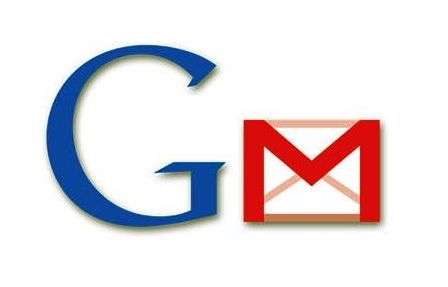Google is adding Gmail messages to users’ search results as well as voice commands to its search engine.
The new features will work in conjunction with Google’s recently launched its ‘knowledge graph’, a database of more than 500 million people, places and things.
Amit Singhal, senior vice president of Google Search, said feedback has been positive and it will now rollout fresh features across all English speaking territories, with results tailored for individual countires.
Gmail search
 Singhal said users should not be expected to be their own “mini search engine”. Instead, Google should be supplying them with as much relevant information as possible
Singhal said users should not be expected to be their own “mini search engine”. Instead, Google should be supplying them with as much relevant information as possible
“A search is a search, and we want our results to be truly universal. So we’re developing a way to find this information for you that’s useful and unobtrusive, and we’d love your feedback,” said Singhal. “Starting today, we’re opening up a limited trial where you can sign up to get information from your Gmail right from the search box.”
If enabled, users will see relevant emails on the right hand side of the search, which can then be expanded. Messages such as flight confirmation details are displayed in special formats.
While many will welcome this development, it may not be universally popular given that many prefer for their search results to be impersonal rather than personal.
Google is also adding knowledge graph-powered voice commands to search for Apple’s iOS platform, having run the feature on Android already. Users tap a microphone icon and ask a question and Google will return with search results. If it can supply a direct answer to the question it will reply with a spoken answer, much like Apple’s Siri voice assistant does.
“Often the most natural way to ask a question is by asking aloud. So we’ve combined our speech recognition expertise, understanding of language and the Knowledge Graph so that Voice Search can better interpret your questions and sometimes speak the answers back as full sentences,” said Singhal. “These are baby steps, but important ones on our way to building the search engine of the future—one that is much more intelligent and useful than it was just a few years ago. It’s a very exciting time to be working in this field.”
Do you know all of Google’s secrets? Find out with our quiz!





